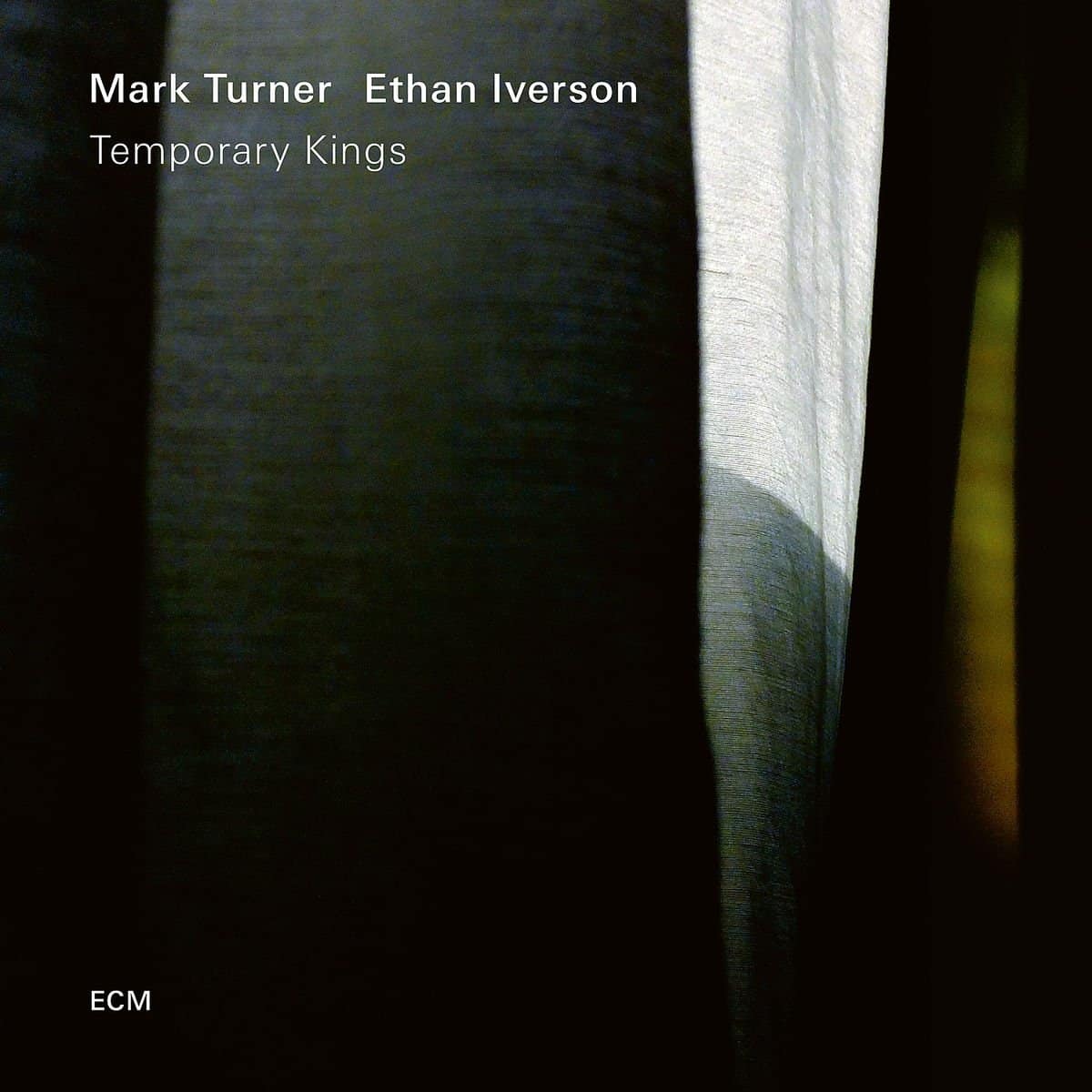Marketplace
2018 Nonesuch Records PRESSING
- Catalog Number 565710-1
- Release Year 2018
- Vinyl Mastering Engineer Greg Calbi
- Jacket Style Single
When listening to this album I think of this band or music:
Often offbeat and wildly experimental, David Byrne’s American Utopia stands as his first proper solo album in more than a decade. Yet he’s been far from missing in action, having collaborated with the likes of guitar sorceress St. Vincent and dance artist Fatboy Slim. Here, the Talking Heads anchor works with longtime friend and aural adventurer Brian Eno to produce a set that melds electronic and global influences. It’s Byrne making sense of 2018, culturally and sonically, and blending Latin, reggae, and R&B influences with propulsive digital textures.
I would listen to this album while:
Like much of Byrne’s work with the Talking Heads, American Utopia feels something like a rock n’ roll Trojan horse. It presents a colorful and refined exterior but ultimately aims to confront and challenge. Byrne’s direct, talk-sing vocals keep the listener on edge, making for an album meant for moving—an accompaniment, perhaps, for a brisk walk or afternoon errands.
Music from this album would be a great soundtrack to:
American Utopia takes a wide-angle view of life in the U.S.A., sometimes putting us in the mind of farm animals or a weapon. And yet the electronic-heavy soundscapes are too cold to be empathetic. Precision matters more than heart. Think of films like The Big Short, which tackles America’s most recent financial crisis with absurdity and cynicism.
At times a treatise on modern life, American Utopia alternates direct, everyday imagery with that of the bizarre. Nothing is ever entirely as it seems. The method keeps you guessing, making songs feel like puzzles. The opening “I Dance Like This” plays with these contrasts, alternately capturing a desire for community yet conveying a sense of helplessness. While not as overtly political as Pulp’s explosive mid-90s anthem “Common People,” the song takes a similar view: We dance like fools because that’s pretty much all we can do to feel better. Credit-card debt and dead-end careers dominate the lives of the protagonists, and while the chorus goes for high-energy movements, it never offers a release.
Similar back-and-forth gestures dominate the record’s 37-minute length. Throughout the well-recorded effort—offering up tall, arching cathedrals of sound and a vibrant immediacy on vinyl—Byrne paints high-tech, cosmopolitan pop with a surrealist’s edge. “Gasoline and Dirty Sheets” vacillates between war-torn helplessness and the blank emptiness of Western advertising. Splashes of Middle Eastern folk occasionally emerge above the beat-focused soundscapes. “Every Day Is a Miracle” and a “Dog’s Mind” seem like two sides of the same coin. Each focuses on the blissful ignorance of an animal’s brain to illustrate human waste, the former with a sparse, slightly-Caribbean vibe and the latter via a stark, ambient ballad. “Bullet” gets even more abstract, with Byrne detailing the trajectory of a projectile—“His skin did part in two/Skin that women had touched”—with slow-motion electronics and an assortment of guitars.
Some moments, such as “Doing the Right Thing,” may seem like bitter attacks on Byrne’s upper-class peers. The track mocks country homes and the fetishization of foodie culture, but builds to a playfully extravagant techno-inspired breakdown to temper the cynicism. Such playful exploration ultimately serves as American Utopia’s greatest strength. Even as the album’s repeated references to consumerism start to sound like standard East Coast profundity, the liveliness of a tune such as “Everybody’s Coming to My House”—complete with skittering beats, hip-hop-worthy horns, and weirdly celebratory electronics—illustrate that while Byrne takes things seriously, he isn’t here to lecture.
American Utopia


 3.5
3.5
